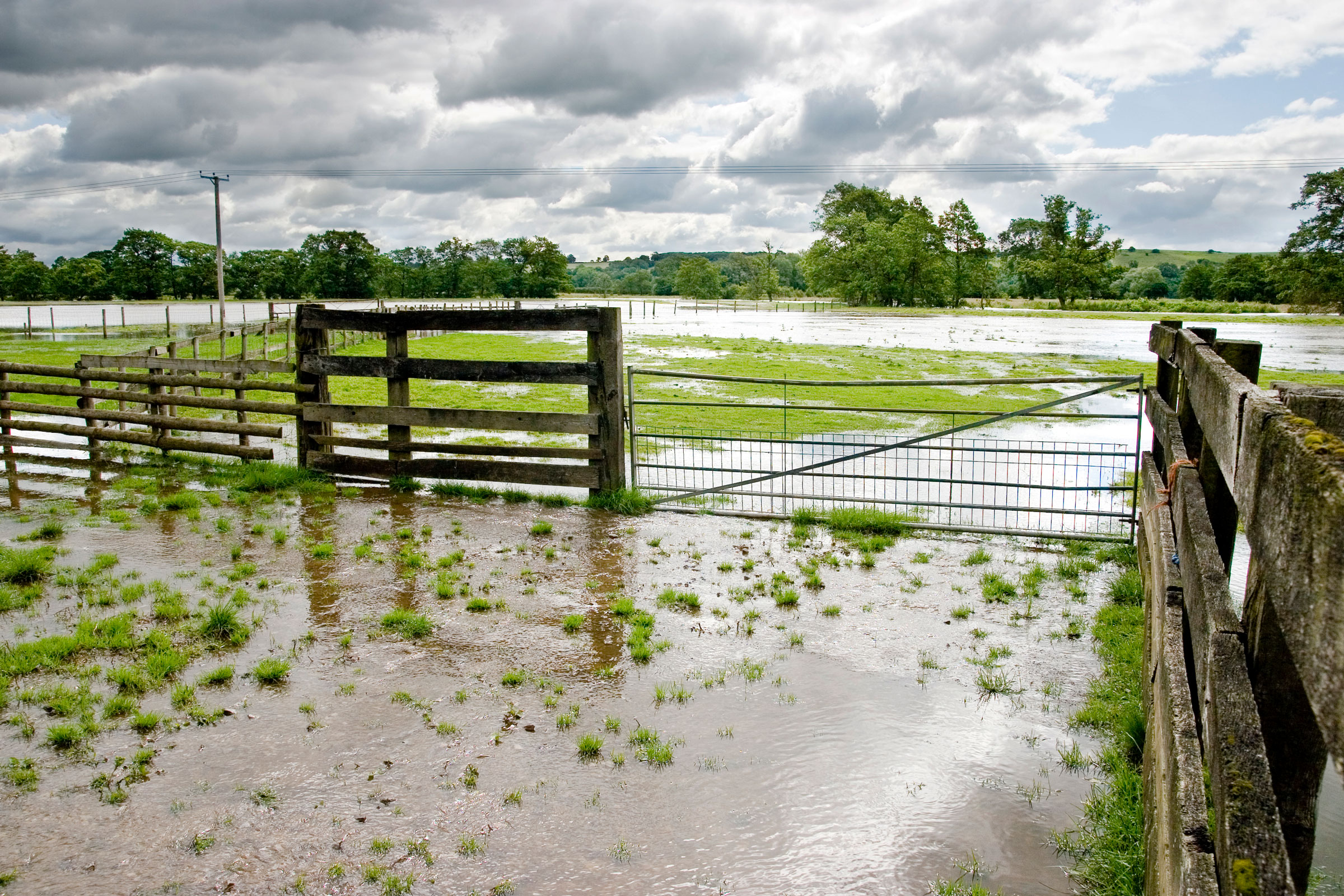
USDA Farm Service Agency (FSA) State Executive Director Nancy Johner announced that emergency grazing of Conservation Reserve Program (CRP) acres is authorized for all Nebraska counties, due to the impacts of recent adverse weather. Johner also announced that 45 Nebraska counties have been approved to begin accepting applications for the Emergency Conservation Program (ECP) to address damages from recent flooding.
“FSA has a variety of disaster assistance programs to support farmers and ranchers through times of adversity,” Johner said. “Once you are able to evaluate your losses, it is important to contact your local FSA office to report all damages and losses and learn more about how we can assist.”
Emergency Grazing
The emergency grazing authorization is effective immediately and ends April 30, 2019. The authorization was granted to address the impacts of the recent extreme weather, including flooding, snowmelt and mud. CRP contract holders who are interested in using this emergency grazing authorization must contact their FSA county office to complete required paperwork before allowing grazing to begin.
“It is important for CRP contract holders to work with their FSA county office before moving their own livestock onto these acres or allowing another producer to move livestock there,” Johner said.
CRP participants who use this option will need to obtain a modified conservation plan, which includes emergency grazing provisions, from the Natural Resources Conservation Service (NRCS). CRP participants can allow others to use their CRP acres under this emergency grazing authorization; however, the livestock owners also will need to complete FSA paperwork indicating their grazing land was adversely impacted by severe weather. There will be no reduction in CRP rental payments to CRP contract holders who use the emergency grazing authorization. CRP contract holders are not permitted to charge livestock producers for the emergency grazing option.
Emergency Conservation Program
The approved ECP practices under this authorization include debris removal; fencing replacement and repair; grading, shaping and leveling of impacted fields; conservation structure rehabilitation; and shelterbelt rehabilitation.
ECP enrollment deadlines will vary by county as the timeframe is set by each county committee. More information on ECP enrollment deadlines will be provided by FSA county offices.
Counties approved to begin accepting applications include: Antelope, Boone, Boyd, Buffalo, Butler, Brown, Burt, Cass, Cedar, Colfax, Cuming, Custer, Dakota, Dixon, Dodge, Douglas, Franklin, Garfield, Greeley, Hall, Harlan, Holt, Howard, Keya Paha, Knox, Loup, Madison, Merrick, Nance, Nemaha, Otoe, Pierce, Platte, Polk, Richardson, Rock, Sarpy, Saunders, Sherman, Stanton, Thurston, Valley, Washington, Wayne and Wheeler.
ECP assists producers with the recovery cost to restore agricultural land to pre-disaster conditions. Approved ECP applicants may receive up to 75 percent of the cost of approved restoration activity.
“Dealing with natural disasters is never easy, especially when you have to consider the health and safety of livestock, but it’s important for producers to call our office before they take action to permanently repair damages,” said Johner.
Producers with damage must apply for assistance prior to beginning reconstructive work in order to qualify for cost-share assistance. This allows FSA offices to assess the need for on-site inspection and environmental compliance requirements, taking into consideration the type and extent of the damage.
The use of ECP funds is limited to activities to return the land to the relative pre-disaster condition. Conservation concerns that were present on the land prior to the disaster are not eligible for ECP assistance.
More Information
For more information on CRP emergency grazing and ECP, please contact your FSA county office. To find your local FSA office, go to offices.sc.egov.usda.gov/locator/app. Visit USDA’s disaster resources website to learn more about USDA disaster preparedness and response.


